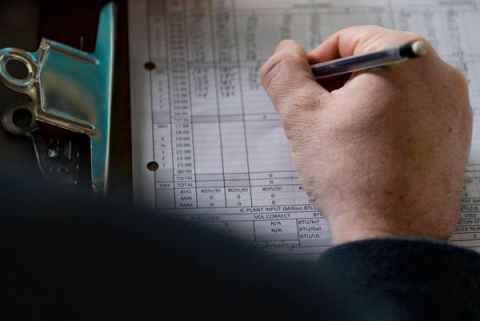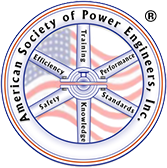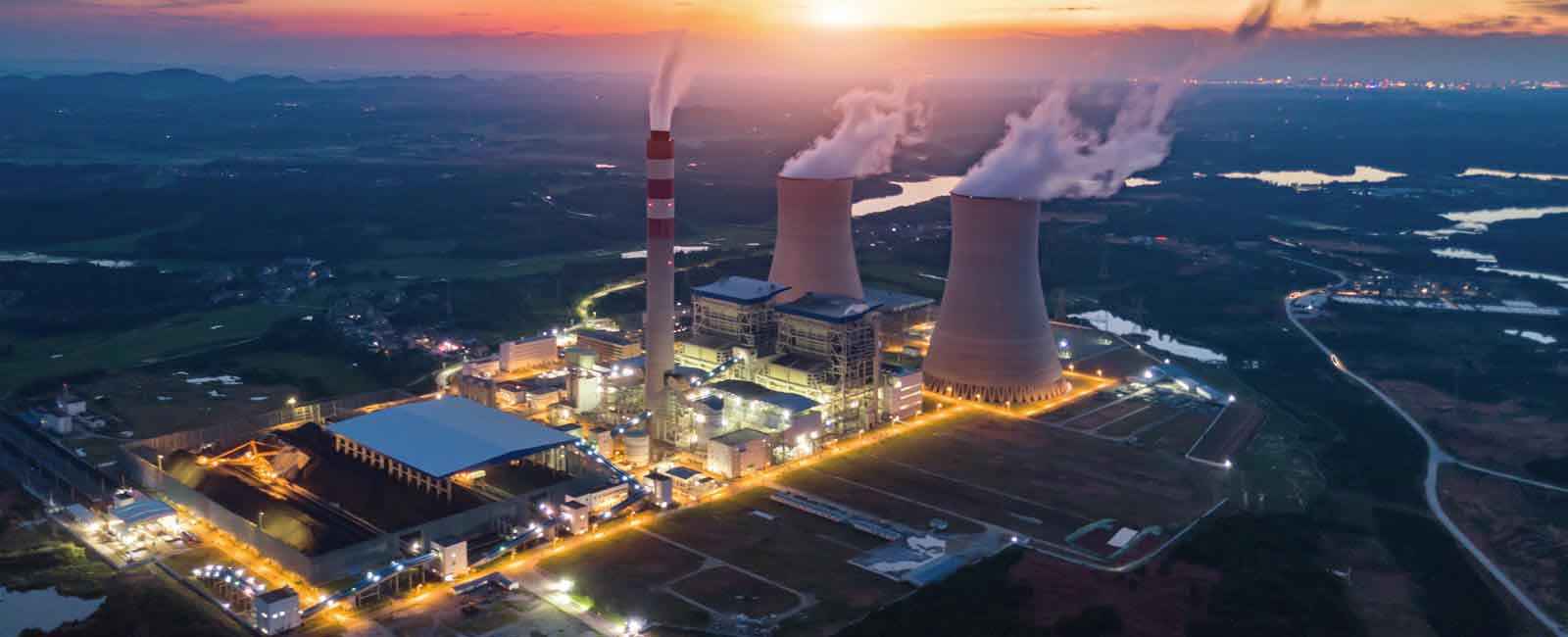Establishing National
Standards for Power Engineers.

A stationary engineer, also known as an operating engineer or power engineer, is a technically trained professional who operates, troubleshoots, and oversees industrial machinery and equipment that provide and utilize energy in various forms. These professionals are essential in ensuring that buildings and companies operate effectively by maintaining mechanical equipment.
Stationary engineers are responsible for the operation, maintenance, and repair of industrial machinery and equipment within buildings and facilities. They typically work in settings such as power plants, factories, hospitals, and commercial buildings where large-scale mechanical systems are employed. A key focus of their role is the operation and maintenance of boilers, HVAC (heating, ventilation, and air conditioning) systems, and other mechanical equipment to ensure efficient and safe functioning.
A Stationary Engineer's Key Duties and Responsibilities
Stationary engineers' job descriptions include a range of duties related to the operation, maintenance, and repair of industrial machinery and mechanical systems within various facilities. Their responsibilities include:
Boiler Operation and Maintenance:
Overseeing the operation of boilers to ensure efficient and safe functionality, conducting regular inspections, performing routine maintenance, and troubleshooting issues to prevent malfunctions.
HVAC System Management:
Monitoring and maintaining HVAC systems to regulate temperature and air quality within buildings. This involves adjusting system settings, replacing filters, and performing preventive maintenance to ensure optimal performance.
Equipment Inspection and Testing:
Conducting regular inspections of mechanical equipment such as pumps, compressors, and generators to identify potential issues. Performing testing procedures to verify functionality and efficiency, making necessary adjustments or repairs.
Emergency Response:
Responding promptly to equipment malfunctions, breakdowns, or emergencies, taking corrective actions to minimize downtime and ensure safety. Implementing emergency shutdown procedures, and coordinating with relevant personnel during critical situations.
Record Keeping and Reporting:
Maintaining accurate records of equipment performance, inspections, and maintenance activities. Generate reports detailing equipment status, issues addressed, and recommendations for improvements.
Environmental and Safety Compliance:
Adhering to environmental regulations and safety standards, ensuring that equipment operations meet legal requirements. Implementing safety protocols, conducting safety training, and participating in safety inspections.
Energy Efficiency Optimization:
Identifying opportunities to improve energy efficiency within the facility and implementing measures to reduce energy consumption and operational costs. Collaborating with other professionals to implement energy-saving initiatives and sustainability practices.
Collaboration with Maintenance Teams:
Working closely with other maintenance personnel, engineers, and technicians to coordinate activities, share information, and address interdisciplinary challenges. Participating in planned shutdowns or maintenance projects to ensure successful outcomes.
Regulatory Compliance:
Staying informed about relevant industry codes, standards, and regulations governing stationary engineering. Ensuring compliance with local, state, and federal regulations related to the operation and maintenance of industrial equipment.
Types of Stationary Engineers
Stationary engineers can specialize in various types of facilities and equipment, each requiring specific knowledge and skills. Common types include:
Boiler Operators:
Specialize in the operation and maintenance of boilers, generating steam or hot water for heating, industrial processes, or power generation.
HVAC Engineers:
Focus on managing heating, ventilation, and air conditioning systems to create comfortable and efficient indoor environments.
Power Plant Operators:
Operate and maintain power-generating equipment such as turbines and generators in facilities that produce electricity.
Refrigeration Engineers:
Specialize in the operation and maintenance of refrigeration systems used in industries like food processing and pharmaceuticals.
Facility Engineers:
Oversee the operation and maintenance of mechanical systems within facilities such as hospitals, universities, or manufacturing plants.
Steam Engineers:
Focus on the utilization of steam for industrial processes, ensuring proper functioning and safety of steam systems.
Building Engineers:
Responsible for the overall maintenance and operation of a building's mechanical systems, including HVAC, plumbing, and electrical systems.
Energy Management Engineers:
Specialize in optimizing energy usage within facilities, implementing conservation measures, and overseeing renewable energy systems.
Process Engineers:
Work in industries with complex manufacturing processes, ensuring efficient operation of machinery and equipment involved in production.
Environmental Control Engineers:
Maintain environmental conditions within facilities, including air quality, temperature, and humidity, often working in settings like laboratories.
Utilities Engineers:
Manage infrastructure for utilities within a facility, ensuring reliable and efficient delivery of water, steam, and compressed air systems.
Workplace Settings for Stationary Engineers
The workplace of a stationary engineer is diverse, spanning various industries and environments where large-scale mechanical systems are integral to operations. Common settings include:
- Industrial Facilities: Manufacturing plants, refineries, and chemical processing plants where they oversee and maintain production machinery.
- Power Plants: Managing and operating power-generating equipment in both traditional and renewable energy facilities.
- Commercial Buildings: Office complexes, hospitals, and shopping malls where they ensure the operation and maintenance of mechanical, electrical, and plumbing systems.
- Healthcare Sector: Hospitals and medical facilities where they oversee mechanical systems crucial for medical equipment and infrastructure.
- Educational Institutions: Universities manage the mechanical aspects of campus buildings.
- Data Centers: Ensuring the reliability of cooling systems and backup power for the uninterrupted operation of servers and IT equipment.
- Government Facilities, Utilities, R&D Centers, and Environmental Facilities: Employing stationary engineers for their expertise across various sectors.
Sources


